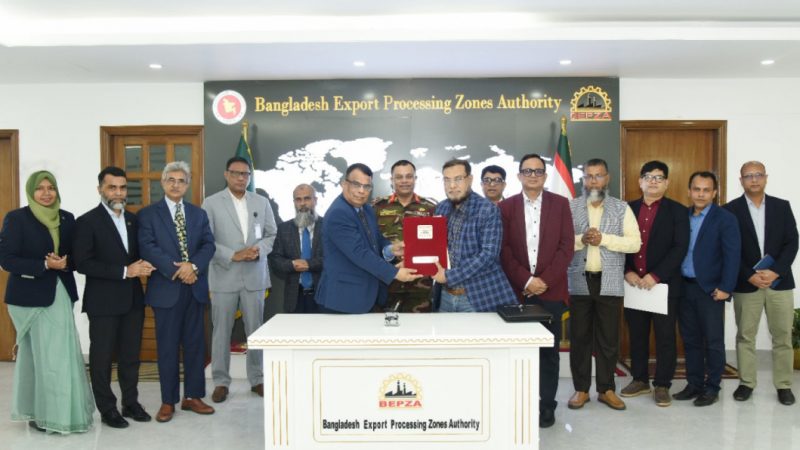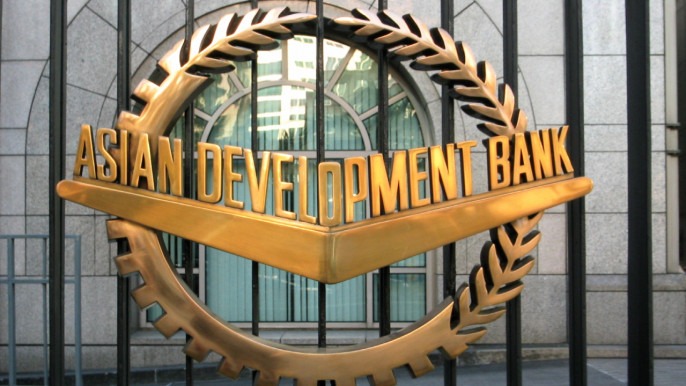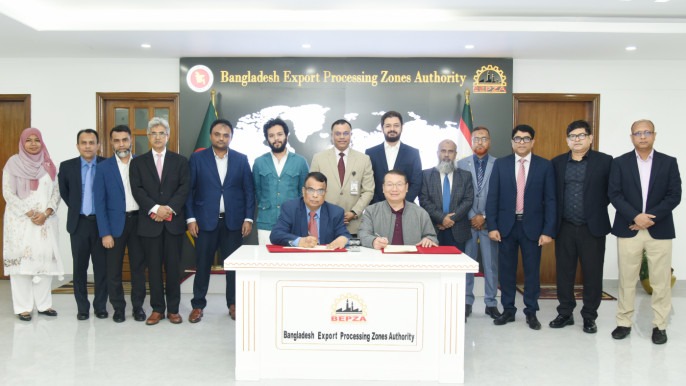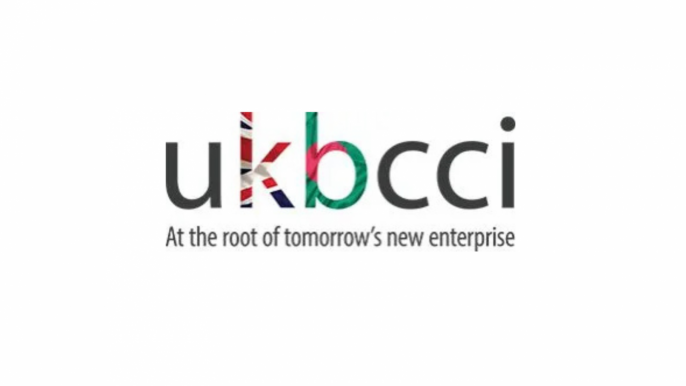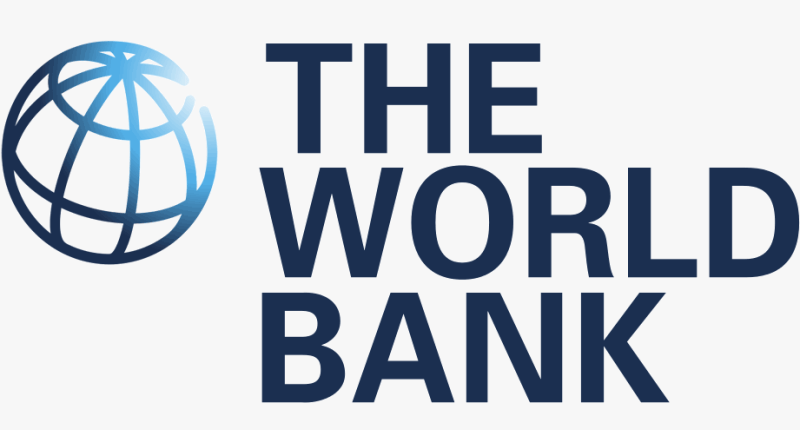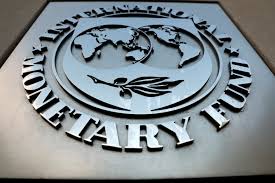Bangladesh, WB sign two deals worth $900 million for environment sustainability
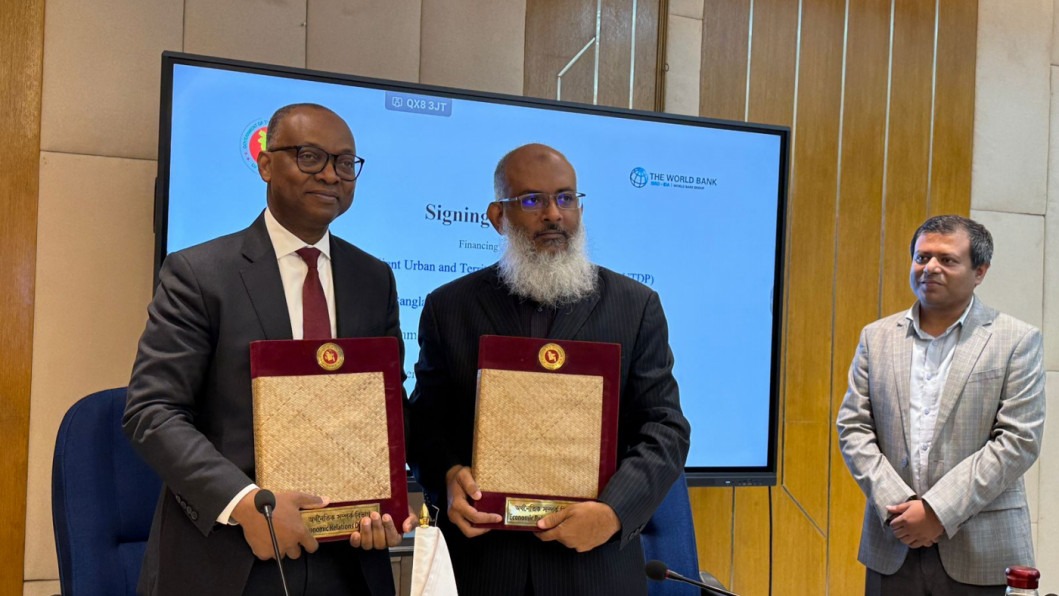
Bangladesh and the World Bank today signed two financing agreements worth $900 million to help the country achieve environment sustainability and climate resiliency in urban infrastructure and inclusive growth.
“These two financings will help Bangladesh achieve green growth and build climate resiliency, across the sectors, including urban infrastructure,” said Abdoulaye Seck, World Bank country director for Bangladesh and Bhutan.
“The World Bank remains a committed partner to help Bangladesh achieve its development aspirations while improving resiliency to climate change.”
The $500 million Second Bangladesh Green and Climate Resilient Development Credit will support policies to help the country’s transition to green and climate-resilient development.
The financing supports policy reforms to improve public planning and financing and implementation for green and climate-resilient interventions at local and national levels and promote clean and resource-efficient production and services in key sectors, the World Bank said.
The financing supports policies aimed at reducing air pollution, improving environmental enforcement, expanding access to carbon markets, enhancing sustainable water and sanitation services, improving the efficiency of the Bangladesh Delta Plan 2100, and promoting a climate-resilient, sustainable environment.
It also supports sustainable public procurement incorporating environmental and social considerations, according to a statement.
The financing will further help improve the energy efficiency of buildings and appliances and incentivise the construction sector to become greener, the WB said.
The $400 million Resilient Urban And Territorial Development Project will help improve climate-resilient and gender-responsive urban infrastructure and urban management capacities in seven city clusters along the economic corridor covering over 950 kilometres of the highway from Cox Bazaar in the south to Panchagarh in north of Bangladesh.
The project will benefit about 17 million people living in these selected urban areas.
The project prioritises coordinated investment in climate-resilient infrastructure and planning across these secondary cities.
The $400 million project will provide investments to support the development of strategically important corridors and city clusters and create jobs.
The infrastructure designs will incorporate the needs of female users and green building features including rainwater harvesting.
Selected municipalities and city corporations will receive subgrants for investing in climate-resilient and gender-responsive infrastructure.
It will construct over 300 kilometres of footpaths, 10 regional bus terminals, 10 kitchen markets, 10 supermarkets, 10 parks, 10 community centres, 20 public toilets, 880 kilometres of urban roads, and 2000 metres of bridges/culverts among others.
The agreements for the Second Bangladesh Green and Climate Resilient Development Credit and the Resilient Urban And Territorial Development Project were signed by Shahriar Siddiky, secretary of the Economic Relations Division; Farid Aziz, additional secretary, and the World Bank’s Abdoulaye Seck.
The World Bank was among the first development partners to support Bangladesh following its independence.
Since then, the World Bank has committed more than $45 billion in International Development Association financing in the form of grants, interest-free loans, and concessional credits to help the country address its development priorities.
In recent years, Bangladesh has been among the largest recipients of the World Bank’s interest-free credits.
Source: The Daily Star | 22 December 2024


